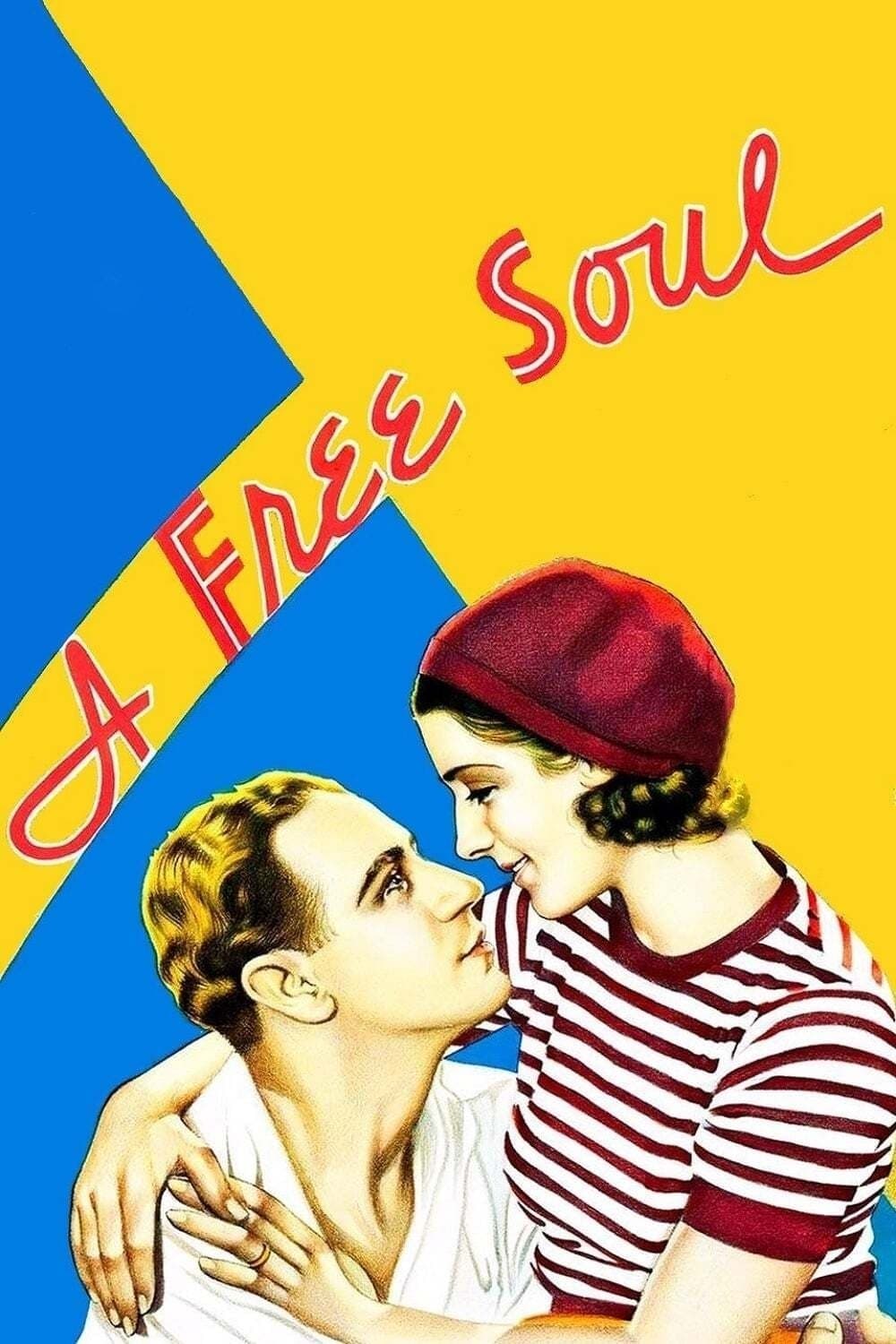
An alcoholic lawyer who successfully defended a notorious gambler on a murder charge objects when his free-spirited daughter becomes romantically involved with him.
24 Dec A Free Soul (1931)
The Big Speech
Some movies are theatrical in the sense that all their values and methods are derived from stage values. This is one.
Some movies are in that sweet spot after talkies got going and before the code was enforced, so they have a vitality that is lacking for a few decades afterwards.
This fits those two overlapping pockets and is a fine example of theatrical acting. The story is simple: a woman from a “fine” family spends time with a gangster for exciting sex. She has an unnatural bond with her “mountebank” father, a drunken lawyer both of which characteristics give him an excuse to be broad in his acting style.
The father forbids the affair and dramatic complications arise. It is an excuse for speechifying, which is done fabulously so long as you understand the tradition. Barrymore is perhaps the last great speechifier in this tradition, though Olivier would hang on for much longer and be celebrated out of nostalgia.
There’s an interesting fold in this. The audience has a surrogate on screen, in the jury. Courtroom movies have since this grown into a solid tradition. As the case is made to the jury, it is made to us. This is special because was an early edition of that model, say before “Mockingbird”, Christie and Perry. Because of that, the speechifying to us/jury is fresher, more direct, less burdened with mature movieness.
Posted in2006
Ted’s Evaluation — 2 of 3: Has some interesting elements.


No Comments